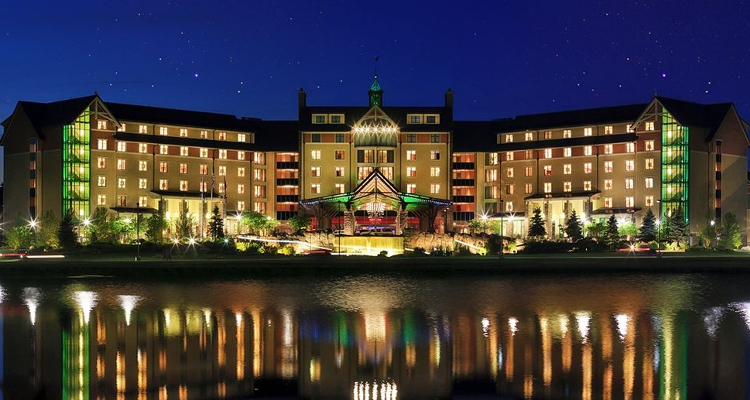Pennsylvania’s casino industry not only generates a significant amount of revenue in the form of gambling taxes for the state government but also makes large charity payments to the local host counties and municipalities.
A 2004 casino law states that casinos must pay a minimum of 4 percent of gross gambling revenue on slot machines to their host communities. Out of this, 2 percent is given to the counties and the remaining 2 percent or $10 million (whichever is more) is given to the municipalities. Pennsylvania’s casinos have made these charity donations every year and have been doing so for well over a decade.
The highest court in Pennsylvania looked at this stipulation earlier this week and ruled that it was not fair to force all twelve casinos in Pennsylvania to meet this requirement. The court found the ‘4 percent – local share assessment’ unconstitutional as it impacted all twelve casinos in the state differently. The ruling could end up hurting local communities and municipalities in a significant way unless lawmakers act quickly to fix the gap.
The high court justices issued an 18-page statement and confirmed that they were going to delay their decision from coming into effect for another four months in order to give state lawmakers time to make the necessary changes. Justice David Wecht wrote, “We are mindful that our decision may significantly affect many counties and municipalities that have ordered their affairs in reliance upon.”
The Lady Luck Casino Nemacolin in southwestern Pennsylvania, the Valley Forge Casino in suburban Philadelphia are considered to be smaller casino resorts and are not required to pay the 4 percent local share assessment and the SugarHouse Casino in Philadelphia is also exempt from this stipulation.
The Mount Airy Casino in the Pocono Mountains in northeastern Pennsylvania had approached the courts and requested for the $10 million host fee to be waived based on the fact that it was a violation of the state constitution because higher tax penalties were being imposed on low performing casinos. The Pennsylvania Gaming Control Board released data which showed that over $141 million in slot machine revenue was paid during 2015 to local counties and municipalities. Nearly $48 million from this amount was made up of the $10 million host fee requirement.
Douglas Hill, the executive director of the County Commissioners Association of Pennsylvania, stated that the money generated by the casinos was very important for the local communities at it was used to fund programs that were focused on developing the local community.
Patrick Browne, R-Lehigh, the Senate Appropriations Committee Chairman stated that the court’s decision would devastate the local communities and municipalities and promised to take quick action to fix the gap which would cause Pennsylvania’s casinos to continue to support the local community.



